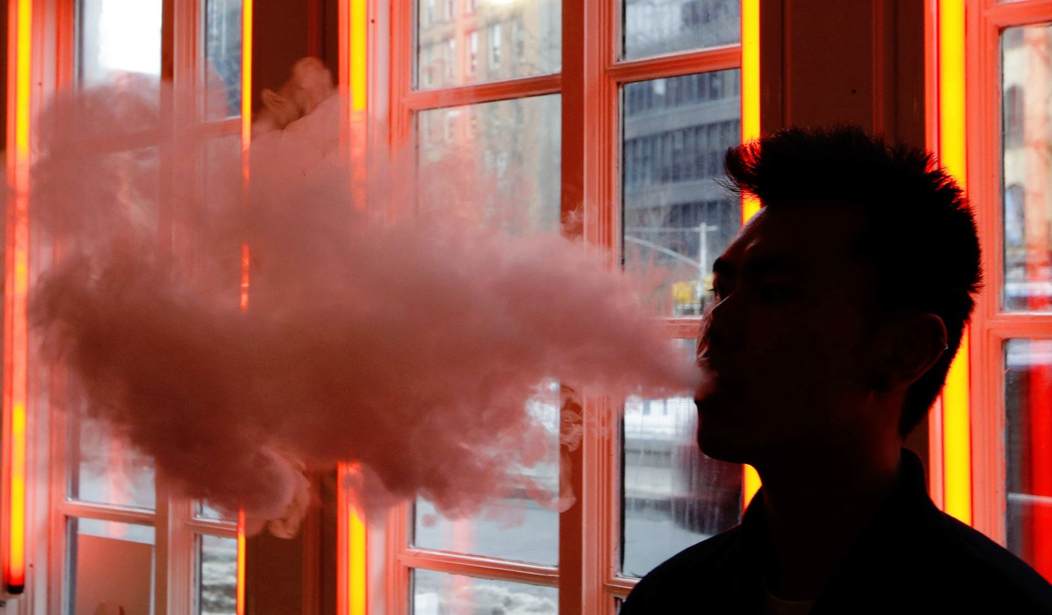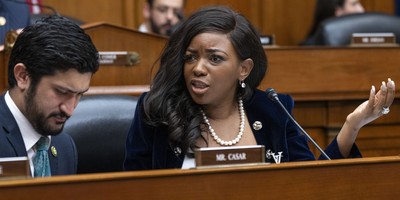On August 18, a bipartisan coalition of state and territory attorney generals (AGs) sent a letter to the U.S. Food and Drug Administration (FDA) urging the agency to not approve any non-tobacco-flavored vapor or oral nicotine product (including menthol) as well as limit nicotine strengths and restrict advertising. On August 19, the next day, 15 world renowned tobacco control experts and former presidents of the Society for Research on Nicotine and Tobacco (SRNT), authored an analysis in the American Journal of Public Health( AJPH) urging policymakers to recognize the potential of e-cigarettes on smoking cessation, specifically in encouraging adult smokers to switch to less harmful products.
The two publications cannot be compared. While the researchers cited more than 150 references, the AGs rely on only 29 references. The AGs also purport that in the seven years after the deeming regulations that “there is still not definitive evidence that e-cigarette use is associated with smoking cessation.” The authors of the AJPH article note that there is evidence suggesting “that vaping is currently increasing smoking cessation, the impact could be much larger if the public health community paid serious attention to vaping’s potential to help adult smokers,” including policies that accurately inform consumers of e-cigarettes.
What’s more alarming is that nine of the authors of the AJPH article are tobacco control experts in the states where the AG is actively urging FDA to not approve tobacco harm reduction products. These include Massachusetts, New York, and Rhode Island – all with current flavor bans – as well as California, Illinois, Michigan, Minnesota, Oregon, and Pennsylvania.
The letter and the publication highlight the division in public health and tobacco control. The AG’s letter says that a new generation is getting addicted to nicotine and that youth e-cigarette use is associated with “higher susceptibility to later use of combustible cigarettes and cigars.” The AGs base this on only one reference. The tobacco control authors of the AJPH provide numerous studies on the supposed gateway effect and finds numerous flaws, including that such studies do not consider other “plausible correlates” or take into consideration “youths’ use of other psychoactive substances, including marijuana and alcohol.”
Recommended
The AGs also demand that “the federal government must act now” to “curb the youth nicotine epidemic.” Again, the APJH authors are more nuanced, observing that “[v]aping likely addicts some young people to nicotine. However, the evidence does not suggest it is addicting very large numbers.” Further, the authors note that frequent use of e-cigarettes is “more common among former or current smoking youths.” Moreover, while youth vaping has increased, smoking among young adults is at record lows and the authors remark that while some may become addicted to nicotine, these figures are “many fewer than popularly believed.”
But deeply problematic is the stark contrast in regard to the role of flavors in e-cigarettes. The AGs are adamant that “banning candy, mint, fruit, and menthol flavors, is essential to eliminating the appeal of the products to youth consumers.” The SRNT past Presidents, once again, disagree that this would be a good move for public health. They contend that “Because both youth and adult smokers find e-cigarette flavors attractive, banning all (or most) flavors risks reducing smokers’ use of e-cigarettes to quit smoking.”
Consumers and taxpayers should not believe an emotional press release from a group of state lawyers full of misunderstood information, overstated claims of harm, and urban myths. The AGs are taxpayer-funded state lawyers that are ignoring the tobacco control experts in their own states. People should turn their attention to a balanced consideration of risks and benefits of vaping, informed by a thorough evidence-based review of current medical literature, presented by authors whose standing in tobacco research circles is unimpeachable.
Government regulatory agencies should form policy based on experts in the field of public health, not from the non-scientific say-so of lawyers.
Lindsey Stroud is Director of The Taxpayers Protection Alliance’s (TPA) Consumer Center and Martin Cuillip is an International Fellow at TPA.
























Join the conversation as a VIP Member